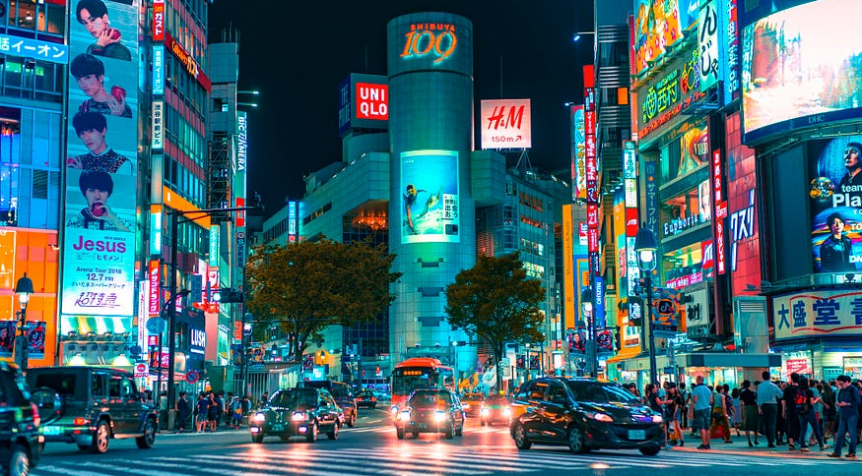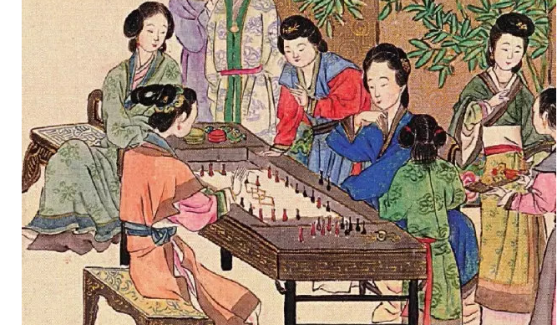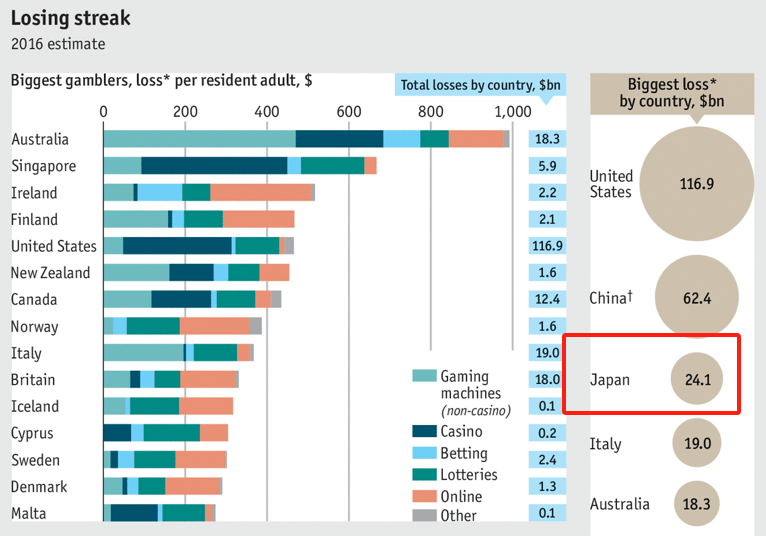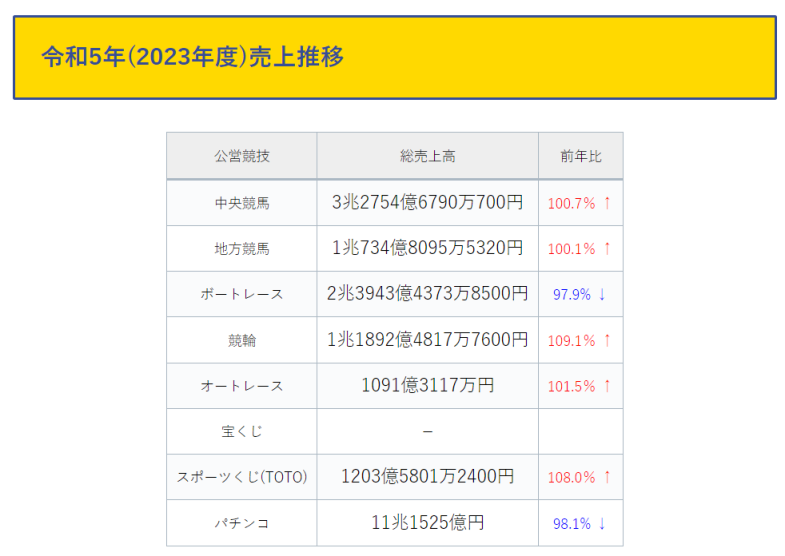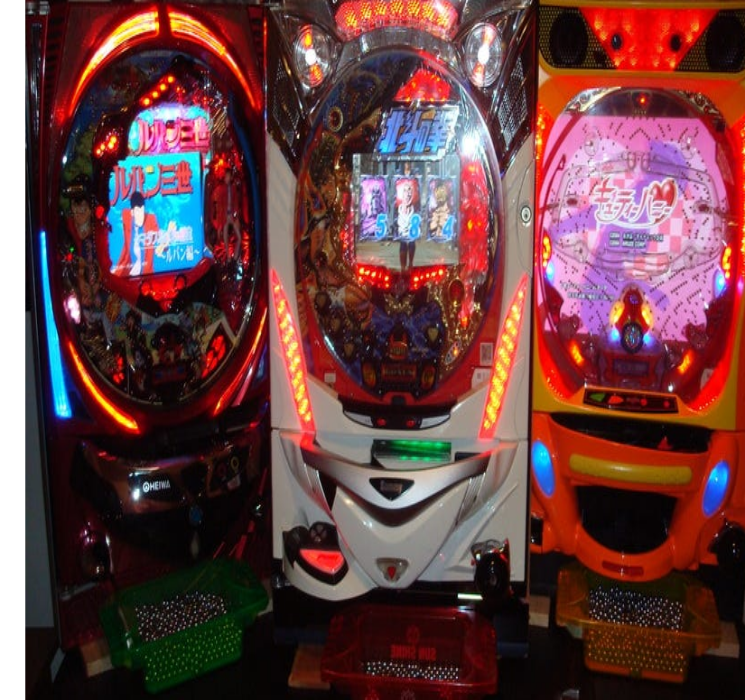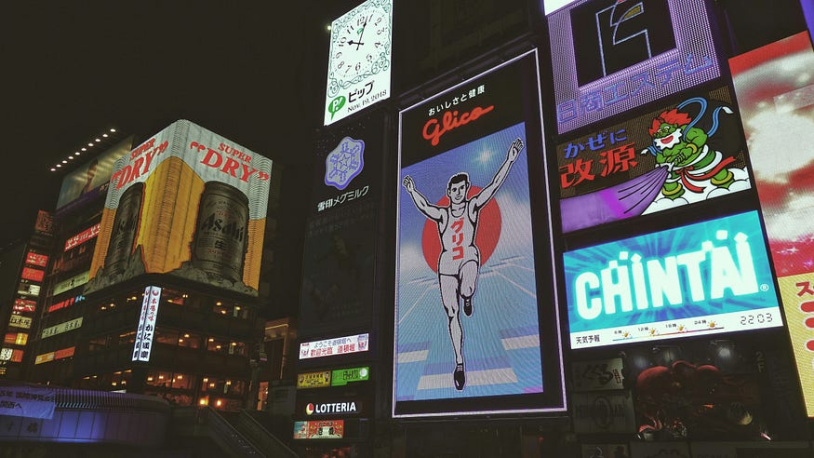In March 2024, a case that many of you may have heard about occurred: Shohei Ohtani's interpreter, Kazuhiro Mizuno, embezzled nearly $17 million from Ohtani to pay off his sports gambling debts.
Mizuno was revealed to have invested over several hundred million dollars in gambling, winning $142 million and losing about $183 million, resulting in a net loss of over $41 million.
Although this happened in the United States, Japan is in fact one of the countries with the largest number of gamblers in the world.
Japan is often seen as an ideal country with a long life expectancy, low obesity rate, and few alcoholics and drug addicts.
However, many Japanese cannot resist the temptation of gambling, a fact that is almost unknown worldwide.
Many businesses are interested in this issue, and in this article, PASA will examine the current and future state of gambling in Japan, analyze the opportunities in Japanese online gambling through data, and identify popular tracks suitable for our layout.
Japan has a large number of gamblers, with one in every 20 Japanese being a gambling addict
According to official data from "Nikkei," Japan's gambling addiction rate is nearly the highest in the world. In 2014, the Ministry of Health, Labour and Welfare announced that the gambling addiction rate in Japan was 4.8% (8.7% for men, 1.8% for women), with 5.36 million people affected, including 4.38 million men and 980,000 women.
The research group pointed out, "Compared to most countries in the world, the proportion of adults is only about 1%." This shows that Japan's rate is quite high.
This is mainly due to the spread of pachinko and slot machines. Pachinko, also known as the traditional gambling in Japan.
As early as the Edo period (1603-1868), Cho-Han and other forms of gambling were common in Japan, although they were often banned.
The Japanese government has historically been skeptical about gambling, fearing gambling addiction and social problems. During the Meiji Restoration, various forms of gambling were criminalized, but like most countries that ban gambling, illegal gambling continued to thrive in underground venues.
In modern times, the Japanese government began to allow certain forms of gambling, mainly focused on activities that could be regulated by the state, including horse racing, bicycle racing, motorboat and motorcycle racing, and sports lotteries.
In 2018, Japan passed the "Integrated Resort (IR) Promotion Law," allowing the development of land-based casinos within larger integrated resorts. Although physical casinos can be legally developed, they are still under strict regulation.
The iconic gambling phenomenon in Japan is the pachinko machine, which originated in the early 20th century and is a mechanical game that combines features of pinball and slot machines. Its modern form gradually took shape after World War II and quickly became a mainstream culture.
Although classified as an entertainment activity, pachinko is often regarded as a form of gambling because players can exchange the won money (small metal balls) for prizes, which can then be exchanged for cash at nearby "special exchange centers." This legal loophole allows pachinko parlors to operate without violating anti-gambling laws.
In the 1990s, pachinko parlors thrived, and by the early 21st century, pachinko accounted for nearly half of Japan's leisure industry revenue.
As time progressed, the evolution of pachinko machines gave rise to more complex machines that integrated digital and physical game elements, similar to slot machines in casinos. These machines attracted the majority of Japanese gamblers.
Pachinko gaming is deeply ingrained in Japanese culture, with nearly every city having pachinko parlors.
It is precisely the Japanese gamblers' obsession with pachinko machines that has given rise to so many players in Japan. According to estimates by "Tokyo Weekend," the number of pachinko players in Japan once exceeded 30 million.
The large number of players, coupled with their obsession with the game, naturally makes Japan's gambling addiction problem relatively severe.
According to a national gambling loss statistic by "The Economist," the United States, China, Japan, Italy, and Australia are the top five countries with the most national losses.
Although the top five countries by per capita adult gambling losses are Australia, Singapore, Ireland, Finland, and the United States, Japan does not make the top 15.
But as we mentioned earlier, most of Japan's gambling activities are not reflected in the data because the thriving underground gambling makes it very difficult to obtain complete data.
Therefore, the actual number of Japanese gamblers is likely much higher than 30 million!
Japan's strict regulation allows only public competition gambling
As mentioned earlier in the discussion of Japan's gambling history, Japan strictly prohibits gambling, with gamblers facing fines of up to 500,000 yen, and repeat offenders facing more severe penalties, up to three years of imprisonment.
Despite this, "public competition" gambling is legal, such as horse racing, bicycle racing, boat racing, car racing, and sports lotteries, etc. Since the return rate (percentage of gambling funds won back) for betting on these events is about 70-80%, the Japanese government believes this can effectively control the impact of gambling on society.
The Japanese government even encourages these activities to some extent, using famous actors for advertising to create a positive image, and some venues even start setting up family rooms and hosting family events.
The Japanese government is trying to reduce Japan's gambling addiction problem by vigorously developing legal competition gambling, but it is clear that this move cannot pull Japanese players away from pachinko machines.
Because according to data, the output of all these legal gambling activities combined is not as large as the pachinko market.
Such as horse racing (43 trillion yen = 310 billion USD), bicycle racing (12 trillion yen = 83 billion USD), boat racing (24 trillion yen = 170 billion USD), and car racing (1.1 trillion yen = 7.8 billion USD).
Including lotteries (830 billion yen in 2022 = 5.9 billion USD) and sports lotteries (1.2 trillion yen in 2023 = 8.5 billion USD).
All markets combined, about 65 billion USD.
According to the "DK-SIS White Paper 2024," the sales of the pachinko market in 2023 were 15.7 trillion yen (about 110 billion USD), nearly twice the total sales of public competition gambling.
As mentioned earlier, pachinko gambling actually exploits a legal loophole.
Pachinko machines are like precision machines, where players buy small silver balls called Pachinko balls with cash, then put them into the machine. If they fall into the hole you're aiming for, more balls will come out.
There is also a machine called Pachi-slo (パチスロ), similar to a slot machine, but unlike the playability and skill of pachinko machines, it is closer to the gameplay of slot machines.
The first pachinko parlor in Japan opened in Nagoya in 1930, and at the peak of the economy in the 1990s, there were more than 17,000 pachinko parlors in Japan. Since then, the number has gradually decreased; in 2023, there were 6,734 pachinko parlors.
For Japanese people, pachinko machines are as familiar as supermarkets, cafes, and barber shops.
According to Article 185 of the Japanese Penal Code, gambling activities "solely for temporary entertainment purposes" do not constitute a gambling crime, typically exemplified by situations such as "the loser of a coin toss buys drinks."
Pachinko machines operate using this legal loophole—players can exchange the won pachinko balls for snacks and other prizes at pachinko parlors. This is not illegal because snacks are considered "temporary entertainment items."
They can also exchange pachinko balls for mysterious items sealed in plastic containers, known as "special reward items."
In fact, most pachinko players do this, taking these "special prizes" to prize exchange centers operated by independent companies, usually located near pachinko parlors, and then selling them for cash.
Even at local pachinko venues, there is this unwritten rule, and customers often ask casino staff where the prize exchange center is. In such cases, the staff usually respond, "I don't know." But it seems that all customers eventually find a way to the prize exchange center.
Therefore, it is not difficult to imagine how popular an online pachinko game would be in Japan.
Online casinos are illegal but thriving in Japan, can the Japanese market learn from the Indian experience?
Because pachinko venues are usually associated with office workers and the older generation, while young people are increasingly interested in online games and digital entertainment.
In Japan, using and betting in online casinos is considered a gambling crime.
That being said, according to data from the Tokyo Metropolitan Police Department website, the number of people arrested for online casino gambling-related crimes is very low, with 127 people in 2021, 59 people in 2022, and 107 people in 2023.
The actual number of online casino players is definitely much higher than this number, and the number of arrests is so low because the servers of online casinos are located overseas, making it difficult to identify and block connections. Secondly, Japan's regulation of online casinos is actually not strict.
According to a survey by digital analysis company SimilarWeb Japan, in September 2021, there were about 83 million visits to online casinos from Japan.
The number of visits to online casino websites surged from about 1 million per month in December 2018 to about 100 million in September 2023, an increase of 20 million times, with an average increase of 120 times per person.
Additionally, according to data from Yoichi Torihata (Professor at the Faculty of Humanities and Social Sciences, Shizuoka University) and the Tokyo-based "Gambling Addiction Research Group," consultations related to online casinos accounted for 20.3% of the total in 2023.
"If you look at the financial report of a company that operates a very popular online casino in Japan, you will find that its revenue in the Japanese market has been growing rapidly over the past three to four years. In 2016, it was 57 million pounds (8.4 billion yen), reaching 196.5 million pounds (about 27 billion yen) in 2020. The company's profit margin by country nearly doubled, with Japan's growth rate increasing from 8% in 2017 to 27% in 2020, making the Japanese market the company's second largest market in the world after the UK, where online casinos are legal."
The data above is enough to prove that although online gambling is not legally allowed in Japan, due to loopholes and Japan's large gambling user base, it can still develop rapidly.
At the same time, the offline pachinko business has also gradually declined in recent years, largely due to competition from online games and digital casinos, which is causing the customer base to shrink.
So, for us practitioners, can the development of the Japanese market also follow the experience of the Indian market?
PASA has also analyzed the Indian market in past articles. In India, gambling is also illegal, but operators have been able to enter India's gambling market by developing "skill-based" real money games through some legal loopholes. And these games are not considered illegal gambling in India.
Therefore, if we can develop a real money game based on pachinko machines in Japan, we can enter the undeveloped gambling market in Japan through the gray area of pachinko machines.
For example:
First, given the unique cultural background of Japanese pachinko machines, we need to develop a product that integrates with the existing culture
If we simply copy the existing slot machine model, it might be regulated, and Japanese pachinko players may not immediately accept and participate.
Second, design a betting reward system based on virtual game coins or points, where players can obtain some form of reward by exchanging points, and then exchange cash through other channels, such as virtual currency or other payment methods.
Cooperating with relevant operators, who have a deep understanding of the market and laws, may help us enter the market more smoothly.
Additionally, finding the right partners is very important.
If we can introduce some new gameplay or reward mechanisms, such as using AI algorithms to match the real pachinko machine collision process to restore the real gameplay, or using blockchain technology to achieve a more transparent reward exchange process.
Finally, technological innovation.
All kinds of innovative ideas may provide us with opportunities to more easily enter the Japanese gambling market with this real money game, because innovation also means unregulated. Of course, how to bypass Japan's network blockade, you might want to check out PASA's article: "Facing website access blocking, teach you how to Bypass, let your product stand out!"
Conclusion
According to a survey by a gambling addiction rehabilitation institution, the average debt amount of pachinko players is 1.6 million yen (11,000 USD).
By contrast, the average debt amount of online casino players is 4.9 million yen (35,000 USD).
The betting amount of Japanese online casino players is far greater than that of offline pachinko players. Because online casinos can operate anywhere, 24 hours a day.
Given the above situation of Japanese players, online real money pachinko games can undoubtedly compete with the 110 billion USD offline pachinko industry and successfully divide this large gambling market.
In addition to real money games such as pachinko and pachinko slot machines, Japanese-language sports betting websites for professional baseball and soccer leagues are also a good track, although this is more subject to local gambling law regulation.
In summary, Japan's gambling history is marked by a balance between strict regulation and cultural adaptation to games like pachinko. Through legal loopholes, the corresponding real money pachinko games have the opportunity to thrive.
And with Japan set to open its first official casinos, Japan's gambling laws and gambling landscape are likely to evolve further. At that time, whether real money pachinko games, which hold a special place in Japanese culture and entertainment history, can stand out remains to be seen!
We look forward to discussing more unique insights about Japanese real money pachinko games with our readers and invite you to follow the global iGaming leader outbound information platform PASA for more first-hand industry information.
Subscribe to the official PASA channel: https://t.me/PASAIGHYJL
